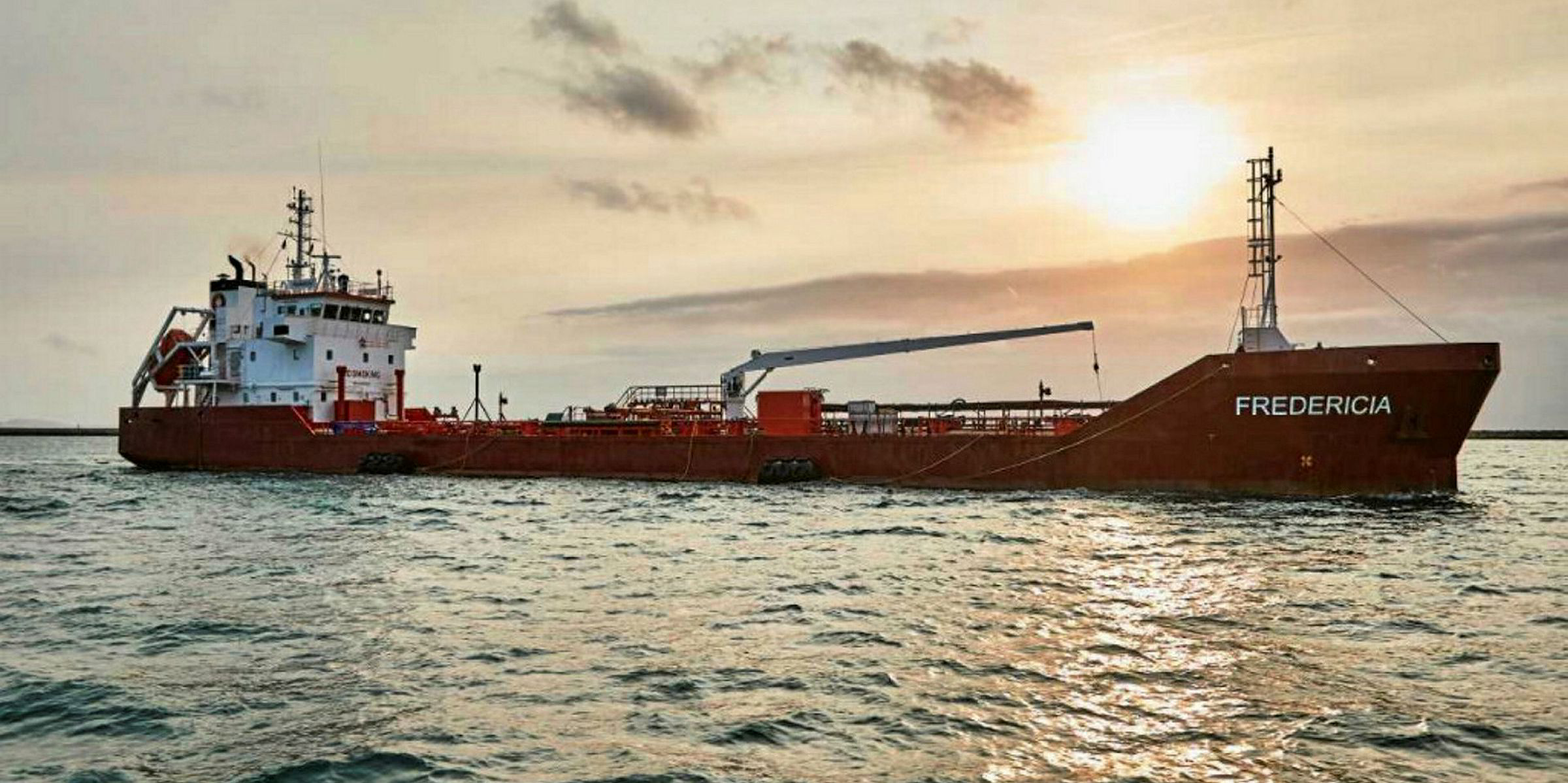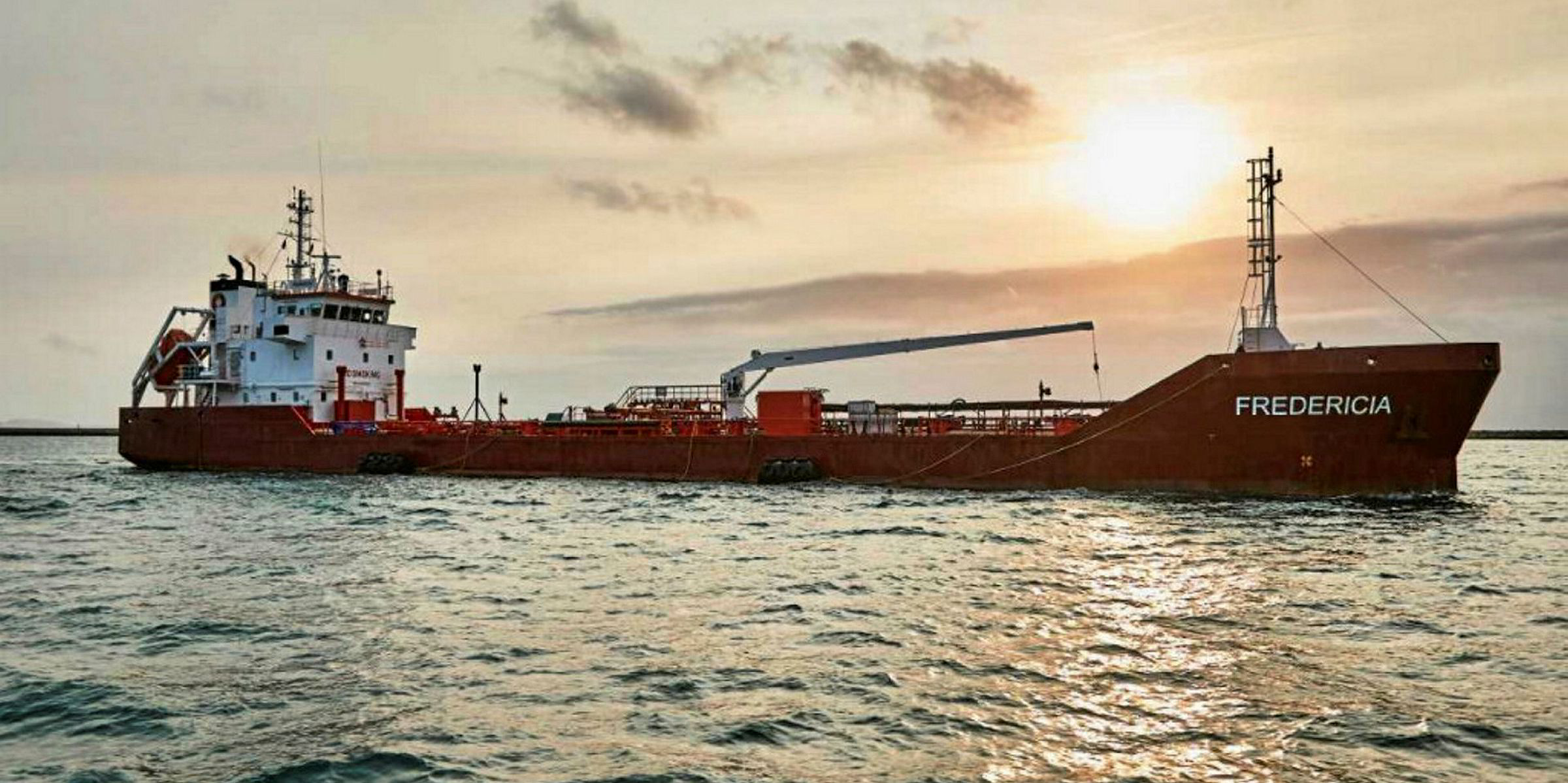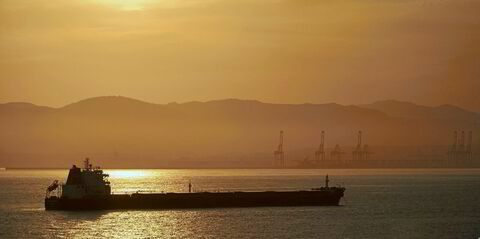Danish bunker and tanker group Monjasa has had claims against Libyan shipowner GNMTC rejected by a UK court because it was too late in filing for the action.
It was suing Deep Sea Maritime, the owner of GNMTC's 115,000-dwt aframax Alhani (built 2007), over a bunker deal that went wrong in 2011.
Deputy high court judge David Foxton QC said Deep Sea Maritime had sought a judgement on whether Monjasa's claims were time-barred under Article III Rule 6 of the Hague Rules because legal action was not brought within a year.
The vessel was hired by Monjasa under a bill of lading dated 12 November 2011 to carry 4,845 tonnes of bunkers, of which 499mt was bunker fuel for the vessel.
Monjasa wanted it taken from Lome, Togo to Cotonou, Benin.
It is common ground that discharge of the cargo occurred offshore Lome, the judge said.
The owner suggested that the bill of lading had transposed the points of departure and arrival, but Monjasa did not admit this.
A charterparty had been signed with Unitaes Energy Sources Company, to whom Monjasa sold the oil, with a company called Babecca Business Links agreeing to perform the obligations of Unitaes.
Deal disputed
The charter said disputes must be referred to the UK courts.
A letter of credit was established in favour of Monjasa in relation to the contract of sale, but payment under that letter of credit was declined due to alleged documentary discrepancies.
Monjasa contends that property in the cargo never passed to Unitaes, due to the operation of the retention of title clause.
Babecca then entered into a contract to sell the cargo back to Monjasa (possibly acting as agent for Unitaes), the judgement revealed.

Monjasa's complaint is that it "bought" the cargo back in ignorance of the fact that property in the cargo had never passed from it to Unitaes.
On 18 November 2011, the owner discharged the cargo through a ship-to-ship transfer into another vessel, which it said was under instructions given pursuant to the charterparty, without production of the bill of lading.
The owner accepts that there is an arguable case that the cargo was not delivered to Monjasa, the ruling said.
Monjasa contends that Unitaes could not have purported to sell Monjasa's own property back to it if Unitaes had not been able to take delivery of the cargo without production of the bill.
Monjasa has started four sets of proceedings in relation to the alleged non-delivery of the cargo, with suits also filed in Tunisia, China and France.
The Tunisian action was begun by a motion for an order for the ship's arrest. It was held in April 2012.
A claim was also brought against the owner and the master.
A bank guarantee was drawn up and issued by the owner on 12 December 2012 which the UK judge was told provided that the guarantee was only payable on settlement, or a final and unappealable decision of a competent Tunisian court.
The Tunisian court ordered the release of the vessel on 6 March 2013.
"It is clear from Monjasa's motion for an order of arrest that it was aware that there was a charterparty to which owners were parties, and that the bill referred to a charterparty," Foxton said.
"However, it is Monjasa's case that the charterparty was first disclosed to a court-appointed expert at some point between July and December 2014 and Monjasa says it first saw the charterparty in January 2015."
In 2015, the Tunisian court dismissed the proceedings for want of jurisdiction.
Monjasa commenced the French action by arresting the tanker at Le Havre in January 2017.
Damages claimed
The French court ordered the owners to provide security to procure the release of the vessel from arrest, and ordered Monjasa to commence proceedings before a competent court for substantive relief.
"Perhaps pursuant to that order, Monjasa sought to commence an arbitration against owners on 17 February 2017, but has since conceded there is no applicable arbitration clause," Foxton added.
Monjasa commenced proceedings in the English high court on 17 March 2017.
It claimed damages in contract against the owner and sought relief against Unitaes and Babecca.
Article III Rule 6 says: "In any event the carrier and the ship shall be discharged from all liability in respect of loss or damage unless suit is brought within one year after delivery of the goods or the date when the goods should have been delivered".
The key question for the judge was whether the Tunisian proceedings could be relied upon by Monjasa as the bringing of suit for the purposes of Article III Rule 6 in other proceedings commenced outside the one-year period, including the English proceedings.
"The answer to this question is, in my opinion, no, because the Tunisian proceedings were brought in breach of the exclusive jurisdiction clause," Foxton ruled.
"Ordinarily the English court will not regard proceedings commenced in a foreign court in breach of an exclusive jurisdiction or arbitration clause as 'suit' for the purposes of Article III Rule 6 in respect of the issue of whether proceedings before the English court are time-barred," he said.
All of Monjasa's claims against the owner are subject to Article III Rule 6, the ruling said.
"Save for any claim being pursued in the Tunisian proceedings, to the extent that those proceedings continue to a judgment in Monjasa's favour, Monjasa's claims against owners are extinguished by operation of Article III Rule 6," it added.






